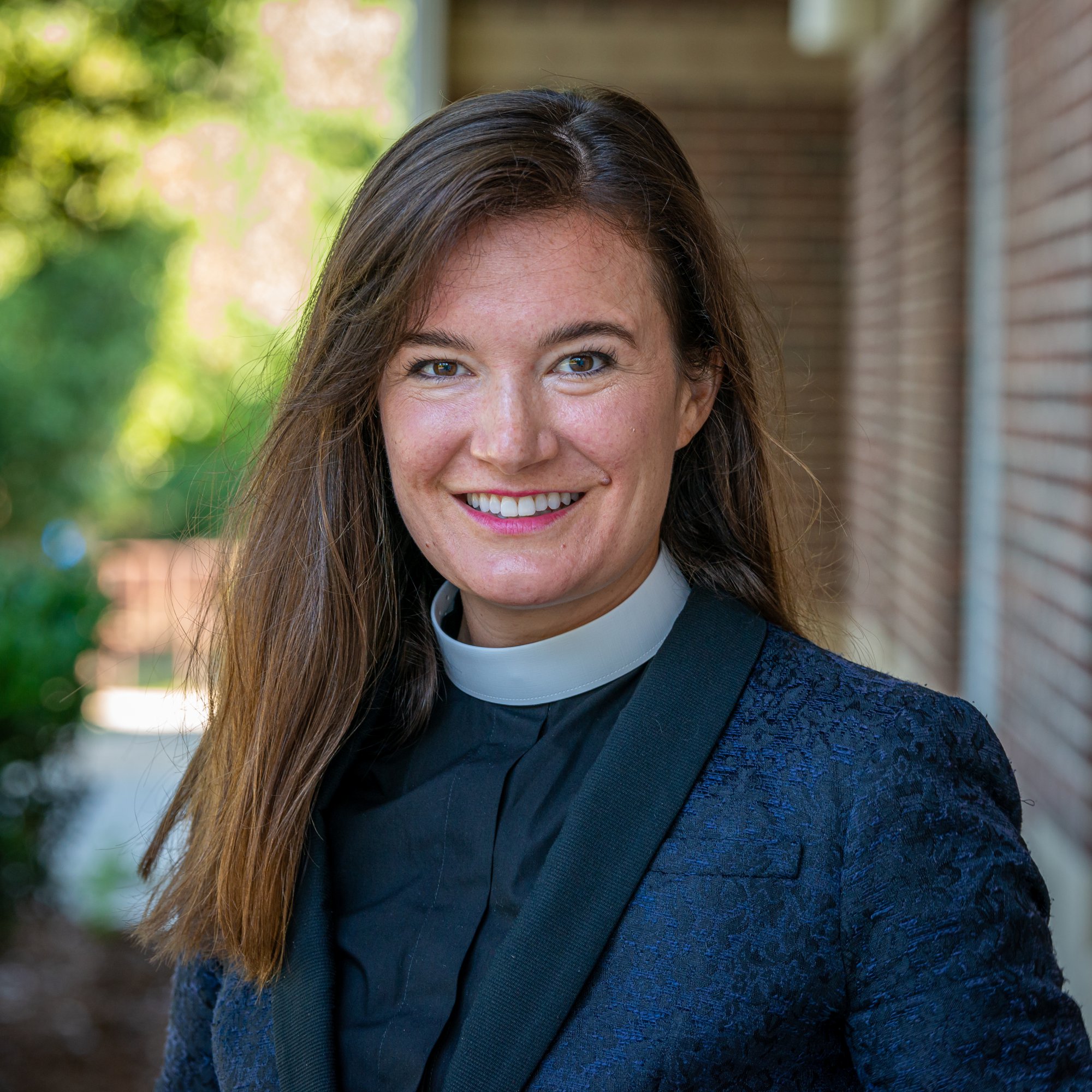It’s understandable to feel that there are inappropriate emotions in prayer. If you’re losing an imagined future, for example, how are we supposed to talk to God? Scripture gives us a map. The Psalms, which John Calvin called “the anatomy of the soul,” give us examples of people speaking directly to God in the full range of human emotion, and it is unfiltered. Bringing any part of ourselves before God is fair game.
God meets us wherever we are. And it follows that a basic tenet of prayer, which the poets of the Psalms and Jesus both exemplify, is honesty before God. On the eve of his betrayal and arrest, Jesus stood on the Mount of Olives and faced the imminent loss of his life. Jesus asked his Father to take his suffering away, saying “Father, if you’re willing, remove this cup from me.” (Lk 22:42).
Scripture models how prayer also asks us to trust that God hears us and always meets us in our current state. Jesus showed how to trust God in prayer at the tomb of Lazarus. As Jesus stood weeping over the death of his friend and looked upward to God, “I know you hear me, God” he said (Jn 11:41-42).
While Lazarus was raised from the dead, we know things didn’t end well for Jesus. This brings us to the problem that Jesus’ prayer on the Mount of Olives, and some of our most urgent prayers, go unanswered. Unanswered prayer is all too real. The Psalmists modeled lament in the face of this problem. “How Long, O Lord? Will you forget me forever?” cries the Psalmist (Ps13:1). Jesus prayed for acceptance with his petition, in the same breath saying “not my will but yours be done” (Lk 22:42). This direct communication with God the Father was what enabled Jesus to go to the cross. Simply because we pray doesn’t mean that everything is going to go right for us in this life. But what Jesus did on the cross, becoming at one with the will of God the Father, enables us to have a conversation with God in our own crises.
There’s no such thing as being an expert in prayer. And thank God for that, because if there were, things would be really boring! Instead, we’re all invited to open ourselves up to God however we can. There’s no one right way to pray; you don’t have to pray the way your priest, or your parents or your children do. God hears and knows it all. You can get used to prayer, and make the practice a bigger part of your life, but there’s no mastery in it. There’s no superiority. Saying someone is an expert in prayer is like saying someone is an expert in loving or breathing.
Prayer is just a conversation with God. We talk, and we listen. Listening to God isn’t about hearing voices. Imagine Jesus sitting next to you, and speak to him. And then, be attentive to what comes up in prayer. Images, words, memories. The conversation of prayer continues in the art of paying attention to what happens in your daily life. God draws us closer by awakening the desire to pray in us. It’s a call and response. That closeness, that oneness with God, is the fount of healing and salvation.
—Mother Alice

Hannah at Prayer
oil on canvas, ca. 1910-1942
Wachtel, Wilhelm, 1875-1942
Courtesy: Vanderbilt University Library

